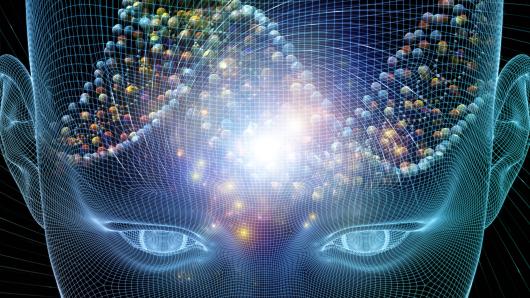
Gender and Mental Health | Harvard University
by Harvard
This course considers the complex questions that emerge where gender and psychopathology meet. We take an interdisciplinary approach to tackling these questions, drawing on empirical, conceptual, and clinical work in clinical psychology, philosophy, social theory, feminist and historical analyses of clinical science, and primary source historical documents. We begin by developing a foundational understanding of the constructs of gender and psychopathology. In the central part of the course, we examine their intersection, asking questions such as: how do gender-based inequities (for example, structural inequities, gender-based stress and trauma, and circumscription of behavior based on gender) contribute to psychopathology? Where have gender biases in assessment, diagnosis, or treatment caused harm? We end by seeking to understand what history can teach us about conducting clinical science in a patriarchal but post-binary world. We consider, for example, how historical treatment of women's trauma informs the #MeToo movement and how clinical science and practice might adjust to better study and serve gender-expansive individuals.
